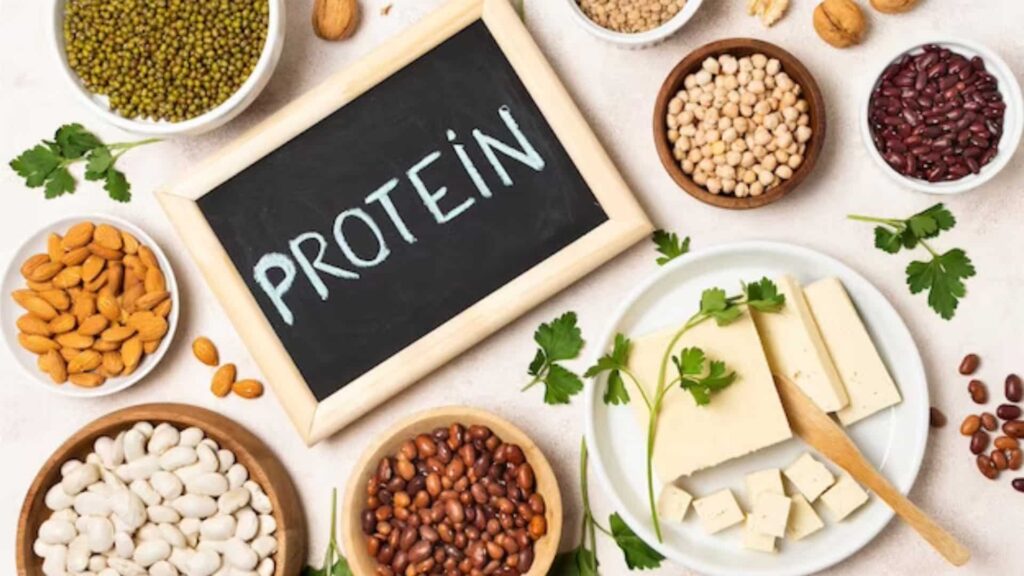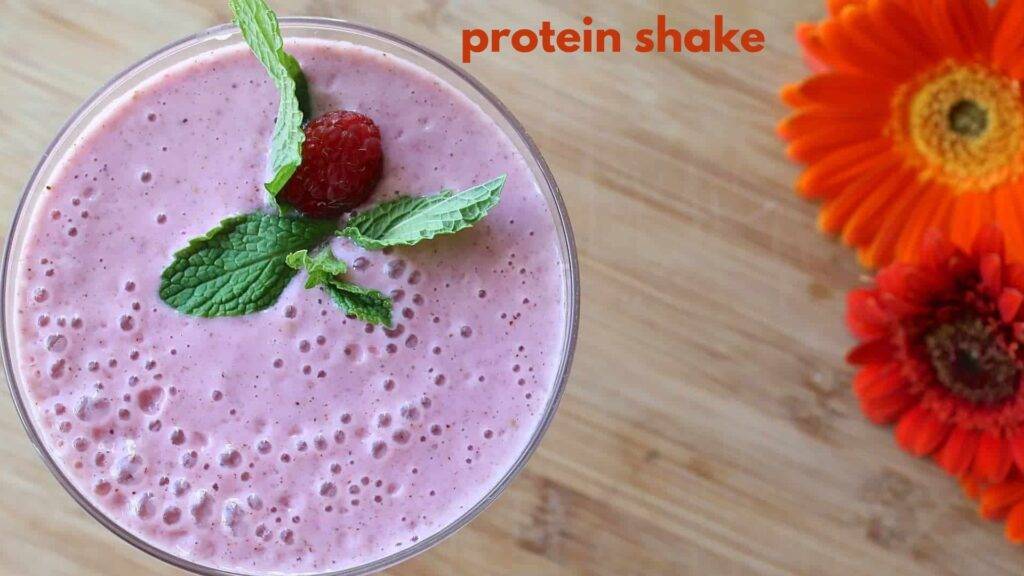Unlocking the Power of PROTEIN From Shakes to Snacks
Introduction
Protein, the building block of life, is an essential nutrient that plays a pivotal role in our overall health and well-being. From repairing tissues to supporting immune function, protein is a cornerstone of nutrition. In this blog, we’ll explore the diverse world of protein, its benefits, and the various ways it can be incorporated into our diets – from fair life protein shakes to high-protein meals and snacks.
Understanding Protein and Its Importance
Protein is composed of amino acids, which are the fundamental building blocks for muscles, enzymes, hormones, and other vital components of the body. It’s no wonder that maintaining an adequate protein intake is crucial for optimal health. Protein supports muscle growth, aids in weight management, and contributes to the maintenance of healthy skin, hair, and nails.
Exploring Protein Sources
1. High Protein Foods
Nature offers an array of high protein foods. From lean meats like chicken breast to legumes like lentils, incorporating a variety of protein-rich options into your diet ensures a balanced intake.
2. Eggs
Nature’s protein powerhouse, eggs are a convenient source of high-quality protein. Each egg contains approximately 6 grams of protein, making it a versatile ingredient for a protein-packed breakfast or a quick snack.
3. Protein Powder and Shakes
For those seeking convenient and efficient ways to meet their protein needs, protein powders and shakes are an excellent option. Whether you’re sipping on a fairlife protein shake or blending your own with whey protein or plant-based options like vega protein powder, these products provide a quick and tasty way to fuel your body.
4. Protein Bars and Snacks
On-the-go or between meals, protein bars and snacks such as Quest protein bars or protein balls offer a satisfying and convenient source of protein. Keep these handy for a quick energy boost.
Calculating Your Protein Needs
The amount of protein you need varies based on factors like age, activity level, and fitness goals. A general guideline is to aim for around 0.8 to 1.2 grams of protein per kilogram of body weight. Using a protein intake calculator can help determine your specific requirements.
Choosing the Right Protein Source
1. Whey Protein
Derived from milk during the cheese-making process, whey protein is a popular choice for its high-quality amino acid profile. It’s easily digestible and quickly absorbed by the body, making it an ideal post-workout option.
2. Plant-Based Protein
For those following a vegan or vegetarian lifestyle, plant-based protein options like pea protein, vega protein powder, and soy protein offer excellent alternatives.
3. High Protein Breakfast
Kickstart your day with a high-protein breakfast that includes eggs, lean meats, or protein-rich grains like oats. This can help you stay satiated and energized throughout the morning.
The Science of Protein Synthesis
Protein synthesis is the process by which our cells build new proteins to support various bodily functions. Consuming adequate protein, especially after exercise, promotes muscle repair and growth by enhancing protein synthesis.
Balancing Protein Intake
While protein is essential, it’s important to strike a balance and not overconsume. Excessive protein intake can strain the kidneys and potentially lead to health issues.
Conclusion
Protein is a fundamental nutrient that contributes to our overall health and vitality. From fairlife protein shakes to a well-rounded diet rich in high-protein foods, there are numerous ways to meet your protein needs. Whether you’re an athlete looking to enhance performance, a fitness enthusiast seeking muscle gains, or simply someone aiming for a healthier lifestyle, incorporating a variety of protein sources into your diet can help you unlock the benefits of this essential nutrient. Remember, individual protein requirements vary, so consulting a nutrition professional can guide you on your journey to a protein-rich and balanced diet.







